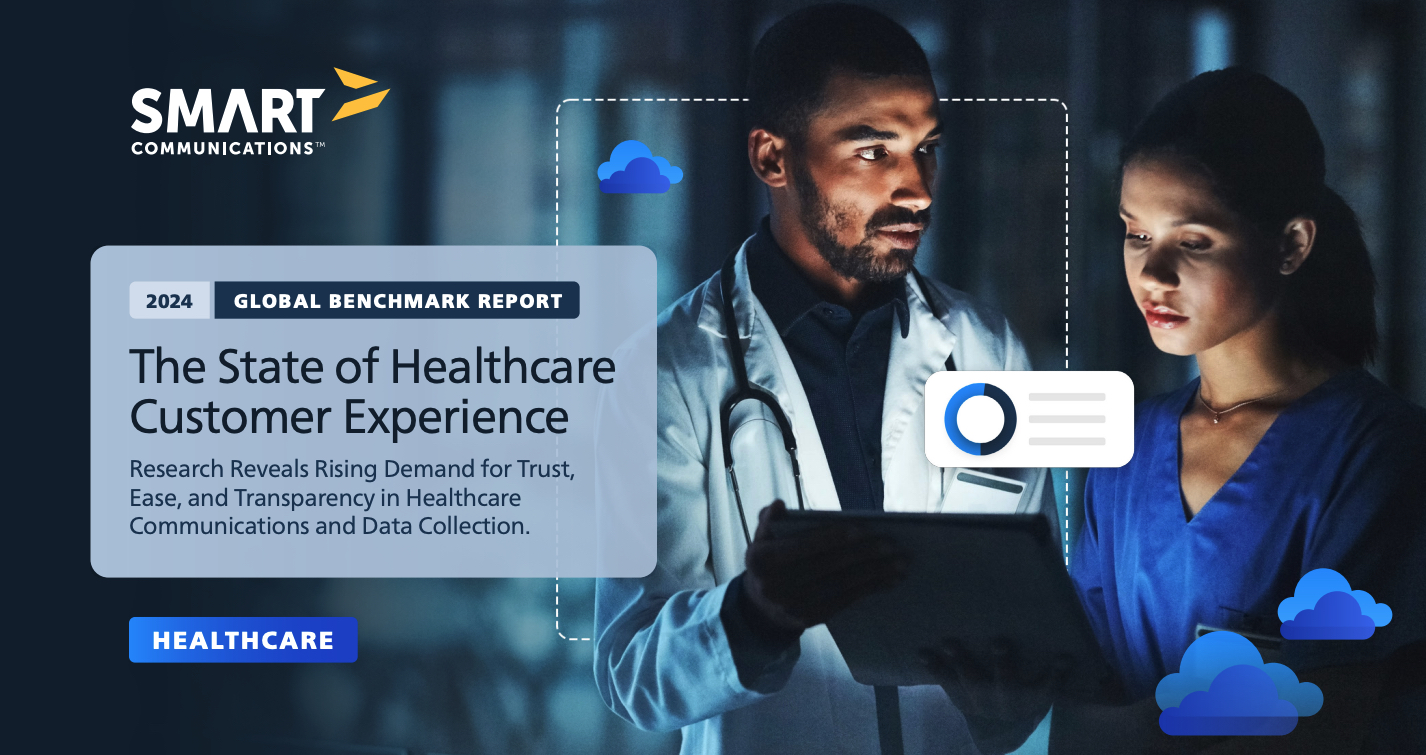
What You Should Know:
– Smart Communications, a technology company focused on helping businesses engage in more meaningful customer conversations, released the findings of its 2024 Global Benchmark Report on the State of Healthcare Customer Experience.
– Healthcare organizations (HCOs) face several challenges in 2024. Rising costs and shrinking margins paired with ongoing economic uncertainty make it more important than ever for health insurers and providers to meet or exceed member and patient expectations.
– Now more than ever, healthcare patients and members expect communications to be personalized, relevant and timely. They show a growing preference for mobile and web-friendly interfaces. They also expect to complete forms at their convenience, with minimal effort. Key takeaways from the report reveal the growing importance of clear communication, data security, and user-friendly interfaces for healthcare providers and insurers.
Heightened Importance of Clear Communication
- Patients and members prioritize clear, concise, and timely communication from healthcare organizations (HCOs).
- 85% of respondents consider communication very or somewhat important to their overall experience, up from 81% in 2023.
- Accuracy, clarity, and timeliness are the most valued aspects of healthcare communications.
- HCOs should personalize communications using contextual information and avoid medical jargon, especially for older generations.
Impact of Communication on Trust and Loyalty
- Trust in HCOs is essential, with clear communication playing a critical role.
- Poor communication can lead to patient dissatisfaction and switching providers (66% in 2024, up from 51% in 2023).
- Conversely, transparent and empathetic communication can drive loyalty and positive word-of-mouth promotion.
Modernize Forms and Data Collection
- Paper forms and outdated processes frustrate patients and hinder data collection.
- Patients prefer to complete forms online, on mobile devices, at their convenience, with the ability to save progress and return later.
- Modern forms automation solutions streamline the process, reduce abandonment rates, and improve data accuracy.
Security and Transparency in the Digital Age
- Data security is paramount for building trust, with 64% of patients trusting their HCO “almost always.”
- Accuracy, ease of contacting the company, data security, proactive communication, and personalization are key trust factors.
- Secure, enterprise-grade Customer Communication Management (CCM) platforms can ensure data security and regulatory compliance.
Mobile and Web Are the Preferred Channels
- Patients increasingly use smartphones for healthcare interactions, prioritizing fast resolution, security, and timeliness in digital communication.
- Mobile-friendly and web-based interfaces are essential for account management, appointments, claims, and other healthcare processes.
- Older generations may still prefer traditional channels, requiring a multi-channel approach.
Transparency Around Generative AI (GenAI) Use
- GenAI offers the potential for personalized communication, but consumers have concerns.
- Nearly half (47%) believe GenAI can improve communication, but two-thirds have security and ethical concerns.
- Transparency is key – explicitly disclose GenAI use and involve humans in content review.
Key Takeaways for Healthcare Organizations
- Prioritize clear, secure, and personalized communication across all touchpoints.
- Offer mobile-friendly and web-based interfaces for a seamless digital experience.
- Implement modern CCM and forms automation solutions for efficiency and data security.
- Be transparent about GenAI use and involve humans in the communication process.
